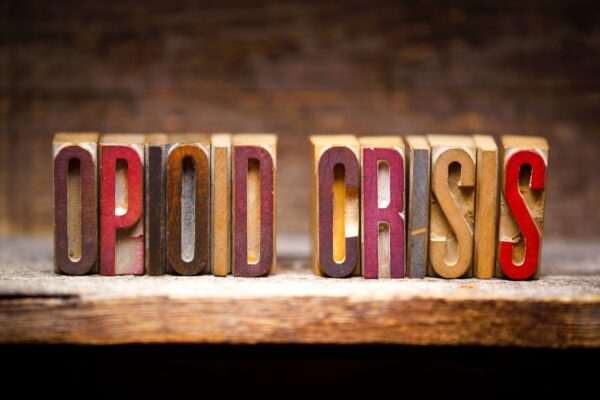Understanding Opioid Substance Use Disorder
Outpatient Opioid SUD Treatment in New Jersey at Jersey Recovery Center
Opioids are a class of drugs commonly used to manage pain. This group includes prescription medications such as oxycodone, hydrocodone, morphine, and fentanyl, as well as illegal drugs like heroin. While effective for short-term pain relief, opioids are highly addictive and can quickly lead to physical dependence, psychological cravings, and long-term health complications.
Why Are Opioids So Addictive?
Opioids attach to receptors in the brain and spinal cord, blocking pain and triggering a powerful release of dopamine—a chemical associated with pleasure and reward. Over time, the brain relies on opioids just to feel “normal,” resulting in tolerance, dependence, and compulsive use.
How Opioid Substance Use Disorder Affects the Brain and Body

Long-term opioid use alters brain chemistry, weakens decision-making abilities, and increases risks for depression, anxiety, and mood instability. Physically, it can cause:
- Slowed breathing
- Constipation and nausea
- Increased pain sensitivity
- Heightened risk of overdose, especially when mixed with other substances
Signs of Opioid Abuse
Recognizing early signs of opioid misuse can save lives. Warning signs include:
Physical Symptoms:
- Drowsiness or “nodding off”
- Pinpoint pupils
- Slurred speech and confusion
- Slow or shallow breathing
- Withdrawal symptoms (e.g., chills, muscle pain, restlessness)
Behavioral Changes:
- Taking more than the prescribed dose
- Using opioids for emotional relief
- Doctor shopping
- Isolation from friends or family
- Neglecting responsibilities
- Lying about drug use or hiding pills
- Inability to stop despite negative consequences
Outpatient Opioid SUD Treatment at Jersey Recovery Center
At Jersey Recovery Center, we provide flexible, evidence-based outpatient treatment for individuals struggling with opioid misuse. Our programs allow clients to receive care while maintaining work, school, or family responsibilities.
Treatment Options Include:
- Individual Therapy: Focuses on personal triggers, trauma, and recovery goals.
- Group Therapy: Offers peer support and accountability.
- Cognitive Behavioral Therapy (CBT): Helps clients understand and change destructive thought patterns.
- Medication-Assisted Treatment (MAT): Uses FDA-approved medications like buprenorphine, methadone, or naltrexone to reduce cravings and ease withdrawal symptoms.
- Dual Diagnosis Support: Simultaneously treats Substance Use Disorder and co-occurring mental health disorders such as anxiety, PTSD, or depression.
Our approach is aligned with SAMHSA (Substance Abuse and Mental Health Services Administration) best practices for integrated care.
A Path Toward Lasting Recovery
Outpatient programs at Jersey Recovery Center are ideal for those with mild to moderate opioid use disorder or as a step-down from inpatient rehab. We help clients rebuild their lives with structured care, ongoing support, and evidence-based therapies—so they can heal physically, emotionally, and mentally.
Recovery is possible. Let Jersey Recovery Center help you take the first step.



